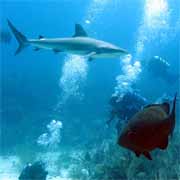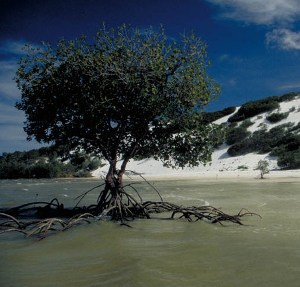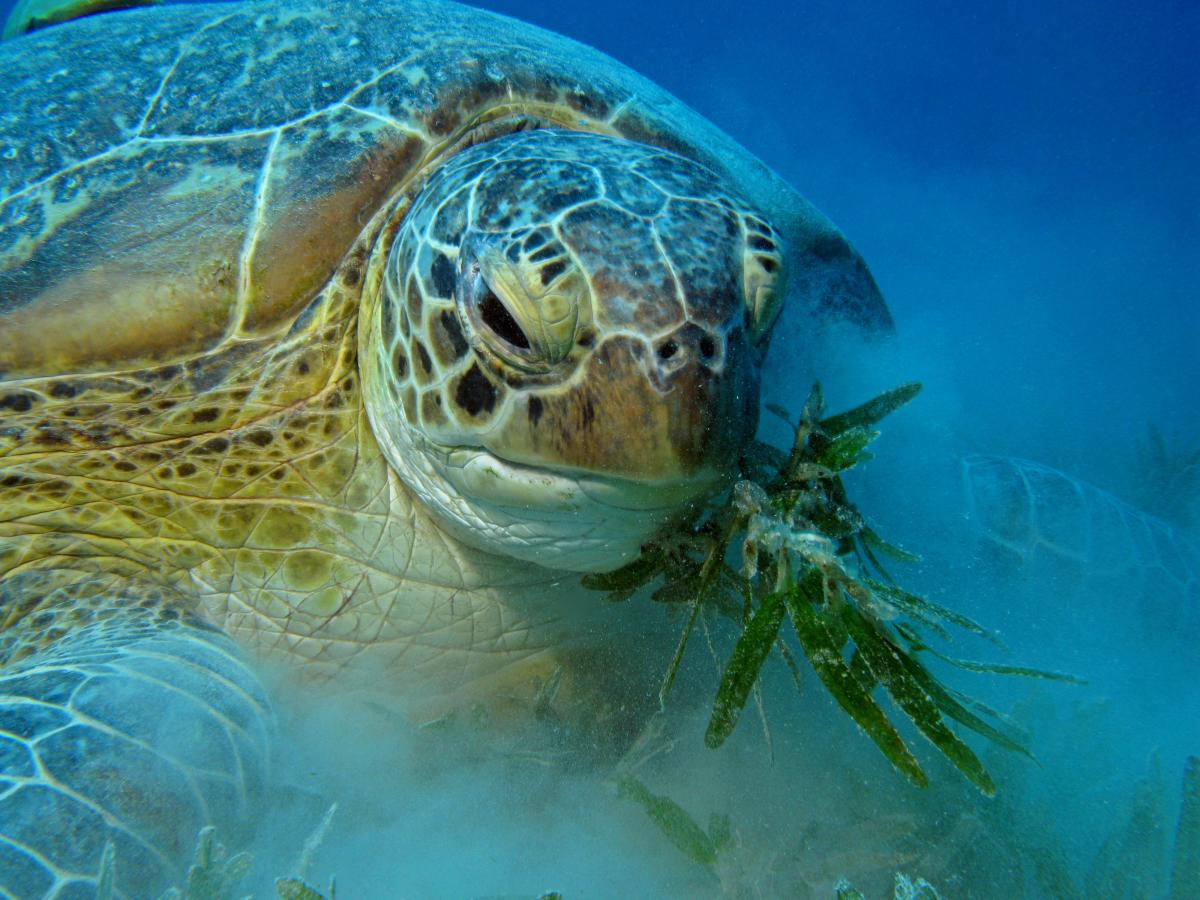The importance of regional networks of Marine Protected Areas (MPAs) and how to achieve them - An opinion piece by Graeme Kelleher AO
Graeme Kelleher is an “Ocean Elder”, a long-standing active WCPA member and author of the WCPA “Guidelines for Marine Protected Areas”, among many other publications. Based on decades of experience, Graeme has distilled some of his thoughts on how best to go about conservation involving marine protected areas, which we are happy to promote here.
Graeme’s engagement in Marine Protected Areas (MPAs) started with his appointment as the first Chairman and CEO of the Great Barrier Reef Marine Park Authority (GBRMPA) in 1979, and later led him to design MPA systems of MPAs for several countries. He became the first Vice Chair for the marine theme of WCPA, and has also held a variety of positions in his native country Australia. In recognition of his achievements, Graeme has received many honours and awards, such as the Officer of the Order of Australia and the Fred M Packard International Parks Merit Award.
Through all of those years of experience, Graeme has tested some key principles and approaches in the field of establishing MPAs. Each of these points is elaborated in the linked short document, but a quick listing for your reference are the following:
1. Before an MPA is established, its general and specific objectives should be clearly defined.
2. Socio-economic issues are critical.
3. Time spent in preparation is an essential investment.
4. Local people must be deeply involved from the earliest possible stage in any MPA that is to succeed.
5. The most important attribute of an MPA manager is integrity.
6. Design and management of MPAs must be both top-down and bottom-up.
7. Sustainable financing needs to be built in from the beginning.
8. Almost all MPAs contribute to sustainable fisheries.
9. There has been a long history of conflict and lack of cooperation between environmental and fisheries management agencies
10. It is better to have an MPA that meets the primary goal but which is not ideal in an ecological sense than to strive vainly to create the “perfect MPA”.
11. It is usually a mistake to postpone action when biophysical information is incomplete.
12. There is a global debate about the relative merits of highly protected MPAs and large, multiple use MPAs.
13. Relatively small MPAs will rarely succeed unless connected biologically in a network that constitutes an integrated ecosystem management regime.
14. Learning by doing is often the most efficient way for communities to develop expertise.
If you wish to respond to Graeme Kelleher about any of these points, he can be contacted at: graempa@home.netspeed.com.au







